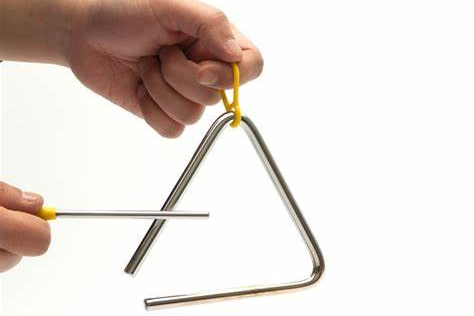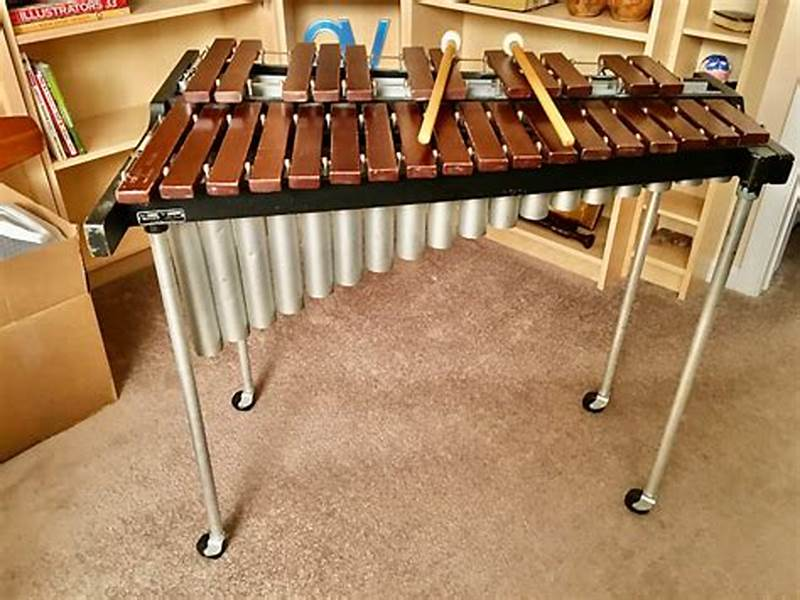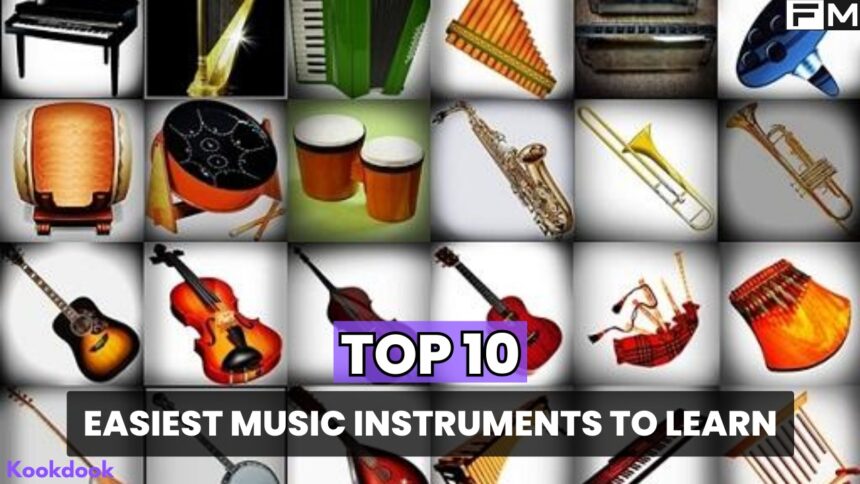Acquiring the skill to play a musical instrument might seem like a formidable undertaking; some individuals might hesitate due to its inherently demanding nature. However, this perception can be reshaped, as there exist instruments that are relatively simple to learn and that can connect you with your musical side.
Scientific research has incontrovertibly demonstrated that musical training maintains the sharpness of your brain functions. Additionally, you might witness an improvement in your social standing.
Below is an inventory of ten instruments that offer ease of acquisition and serve as a springboard for initiating your musical pursuits.
1. Triangle

The triangle stands as one of the simplest instruments to master. By holding the triangle with a string and tapping it with a small metal bar, it produces vibrating sounds. Adjusting the tone and pitch is achieved by tapping different parts of the triangle at varying speeds. Playing the triangle doesn’t require any special abilities, only good timing. It serves as an ideal instrument for beginners who have never picked up a guitar before.
2. Xylophone

Melodies are often recognizable to children even before they understand the words. The xylophone serves as a simple instrument that every child can learn to play. Modern xylophones commonly come in bright colors and feature animations that captivate young learners.
3. Harmonica
The harmonica proves to be an effortless instrument to learn, as you have full control over the produced sound. Unlike the violin or piano, where mastering strings and keys in the correct order is necessary, the harmonica operates differently. You use your breath to control the sound it makes and can change pitches by moving the harmonica across.
4. Bongo drums
Bongos serve as an excellent starting point for those interested in learning to play drums but prefer something simpler. These extremely simple skin drums are played using the palms of your hands. The beauty of bongos lies in their accessibility – you don’t need to learn complex techniques or possess any special talent. All that’s required is a good sense of rhythm to rock the bongos with style!
5. Ukulele
The ukulele’s compact size makes it one of its most appealing features. For kids, beginner ukuleles are just the right fit, and they can quickly learn a few chords and play familiar tunes. Additionally, the ukulele is relatively quiet, which is convenient for parents who have to listen to their child practice for hours!
6. Violin
With discipline and perseverance, your youngster can excel in playing the violin and achieve anything they set their minds to. The instrument offers advantages in tone, pitch, coordination, and developing a strong sense of perseverance.
7. Flute
The charming and light sound of the flute captivates children and sparks their interest in playing it. With its lightweight design, the instrument is easy to carry around, making it convenient for young learners. Learning the chords on the flute is also a straightforward process, adding to its appeal as an instrument for children.
8. Clarinet
The clarinet, similar to the flute, offers a darker sound. Its lightweight design allows for easy portability, making it convenient to carry around. Additionally, learning the clarinet is straightforward since it involves mastering only a few holes.
9. Piano
If your child expresses an interest in playing the piano, consider it as an excellent instrument choice for them. Although it may seem daunting with its numerous keys, regular lessons will help your youngster master it with skill and ease. Learning the piano expands their musical knowledge as they become proficient in reading each clef, ultimately shaping them into outstanding musicians through consistent practice.
10. Guitar
The guitar holds a prominent position as one of the most popular instruments for youngsters to learn. Many aspiring musicians aspire to be like their favorite music idols. With its versatility, the guitar serves as an excellent starting instrument, allowing learners to easily play familiar tunes. Beyond teaching the fundamentals of music, learning the guitar enhances manual dexterity, which can be beneficial when exploring other instruments as well.






